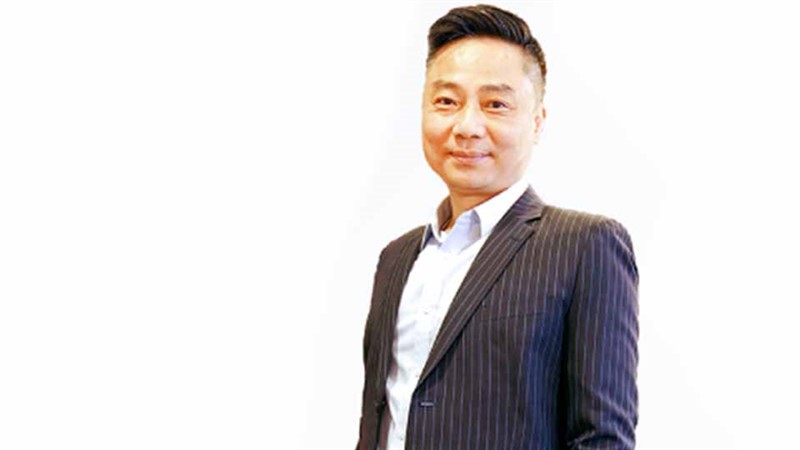Editor's Note
2025.06
A US$ 8.6 billion retreat

In the first quarter of 2025, within 100 days of Trump's return to the White House, an unprecedented net outflow of US$ 8.6 billion from ESG funds around the world took place. Fund listings related to ESG and DEI (diversity, equity, and inclusion) were down by 9% compared to the previous year. Europe, the origin of ESG, withdrew US$ 1.2 billion over the quarter, with Asian countries also taking part. Morningstar, a firm known for its research on international funds, said after the release of these figures that the U.S. counterattack on ESG and DEI has also affected market sentiment in Europe. As a result, although the outflow was not as drastic in Europe as in the US, it still set several records for ESG finance over the past 10 years: net inflows turned into net outflows, and the funds raised, which had been increasing year after year, began to decrease. Of course, there are several factors besides Trump for the retreat of ESG funds in Europe, including tightening regulation, more stringent audit and supervision of green funds, and excessive greenwashing by financial institutions, resulting in a loss of confidence. Nevertheless, the primary reason is still the cold culture war initiated by Trump. Although the war against ESG is not as intense as the trade war, its impact on society may be more prolonged. It may even shape a new social outlook, including the abandonment of long-cherished values such as gender equality and concern for the underprivileged, which have become objects of ridicule. This trend will also affect corporate culture. For example, a bank in the US recently abolished its DEI policy, affecting the promotion rate of its female employees. This battle has already revealed the direction of green finance. The change in social values is gradually rippling out from the U.S. federal government to private companies, who have started to adjust their systems and cultures. Lin Shijie, one of the cover story authors of this edition of the Taiwan Banker, mentioned that JPMorgan altered the name “DEI” to “DOI” in response to Trump's anti-DEI policy, changing “equity” to “opportunity,” and others have followed its lead. Indeed, after years of development, a concept of DEI for its own sake emerged, causing a backlash. American men believe that business has become overly biased in favor of women in career promotions. In serious cases, a misogynistic culture has emerged, rejecting DEI in its entirety. Of course, practices can be reviewed and adjusted, but this should not lead to contempt for these universal human values. All social phenomena have room for growth. Trump's radical stigmatization of sustainability and equality has already disrupted the efforts of the international community in the past, but some European countries appear ready to fill the leadership position vacated by the U.S., demonstrating resilience. This battle of values should not be lost in the furor over the trade war.



